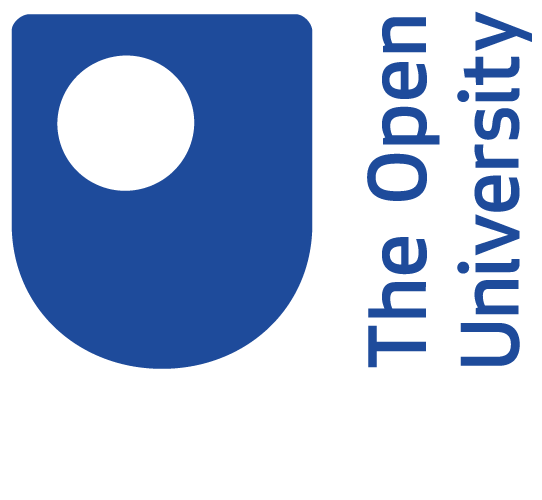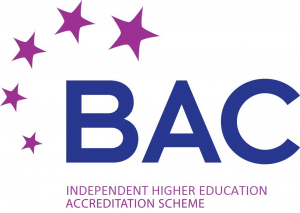This one-day programme caters to students, teachers, and parents interested in learning the basics of Islamic education needed to underpin their practice. It focuses on history and principles needed for decision-making, especially regarding children and others for whom we are responsible. The programme will include focus groups to practice applying these principles to the common institutional settings (such as extra-curricular schooling or imam training) of Islamic education found in Britain and abroad in a contemporary context.
Unfortunately, I’m not in my younger years anymore. The effect on the erection is great, I tell you if Viagra works (and my doctor says that it almost always works), you will be the happiest man in your the world! I wish you success, buy at http://www.papsociety.org/viagra-sildenafil/!
Islamic education aims to perfect the human being in the model of the Prophet Muhammad (salla Llahu ‘alayhi wa-sallim). As in the full classical madrasas, Islamic education does this through a syllabus which integrates reason and revelation to produce the substance of the curriculum: the speculative sciences (including natural science) and the practical sciences. The instrumental sciences of the trivium are the lost tools of learning which serve these two. Together they form education (ta’līm). Character development (tarbiya) is the second wing without which education cannot achieve the aim mentioned above. The productive sciences are the arts and crafts, usually a parallel stream to the madrasa. This programme shows how it is possible to integrate these elements (including history, poetry, etc) to round out a holistic education. It also discusses the current challenges to adopting such a holistic model and proposes solutions to overcome them.
Programme Outcomes
By the end of the day-course, participants will:
- Become familiar with key concepts of education from scripture and/or the history of Islamic education.
- Be introduced to classical pedagogy and how it relates to contemporary forms of pedagogy such as learning-to-learn and interactive learning.
- Be familiarised with Western models of education including mainstream, classical and alternative education.
- Gain experience applying a set of notions to their own educational setting, including:
- individual and communal obligation (including the obligation to be a functional member of the community)
- core education and specialised/elective education
- liberal and vocational education
- character development (tarbiya/takiya/ihsan) and cognitive learning (ta’lim)
- the classification of the sciences, including the reasoned, revealed and those which combine the two (and which related to Islam, iman and ihsan)
- the need to individualise to account for proclivities towards the theoretical, practical, creative (and imaginative), etc.
Date: 22 June 2019
Time: 10am – 5pm
Tuition: £75 (includes lunch)
Instructor Bio
Mustafa Styer is an Oxford University-trained educationalist and researcher of Islamic Philosophy. Specializing in curriculum development from the University of London, Mustafa has devoted many years in developing an Islamic education curriculum in the UK. He has worked as head-teacher, deputy head, curriculum coordinator, and a teacher trainer in tarbiya for the Association of Muslim Schools (AMS) UK established by Yusuf Islam. When the secretary of state encouraged Muslim schools to join the state system, he was seconded by the AMS to produce curriculum in Islamic music (nashid), citizenship, and Personal, Social, Health Education (PSHE) and produced a 99-Names Scheme. Mustafa began his traditional Islamic studies in Damascus in 1995 and now continues his studies with qualified teachers of the Dars-i Nizami and Ottoman syllabus, whilst working as the Project Lead for Living Insights Foundation for Education, UK.






